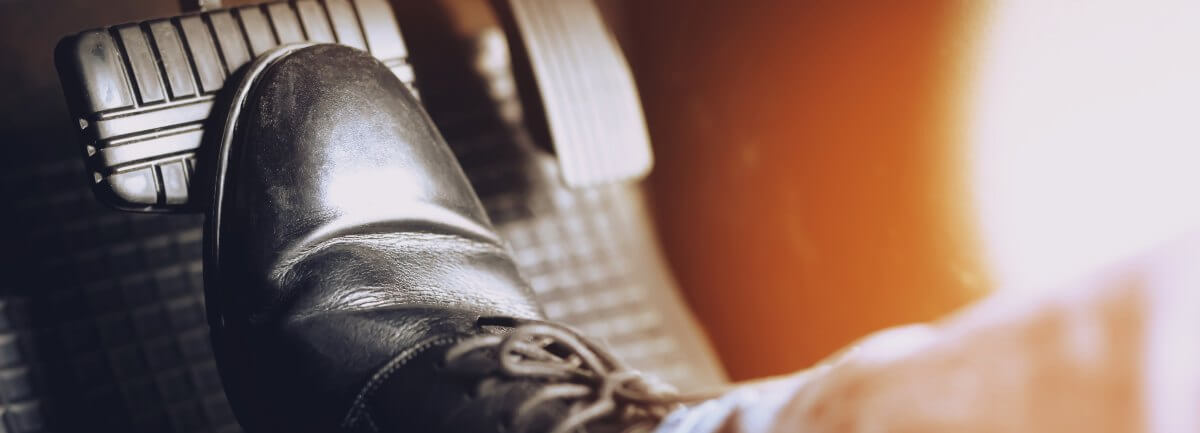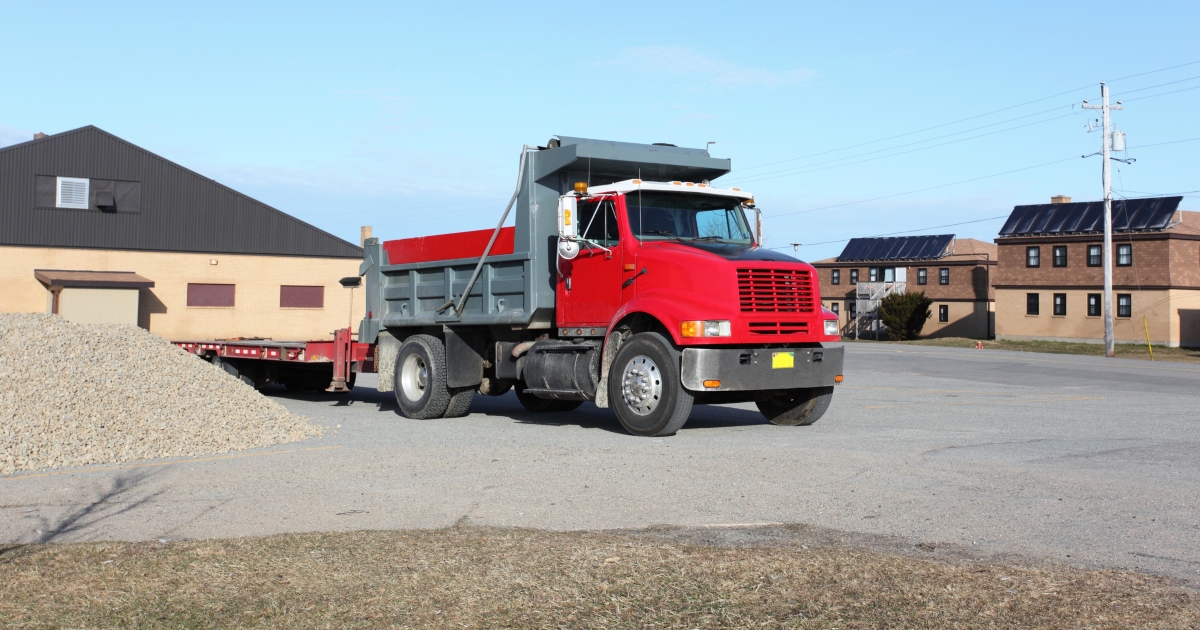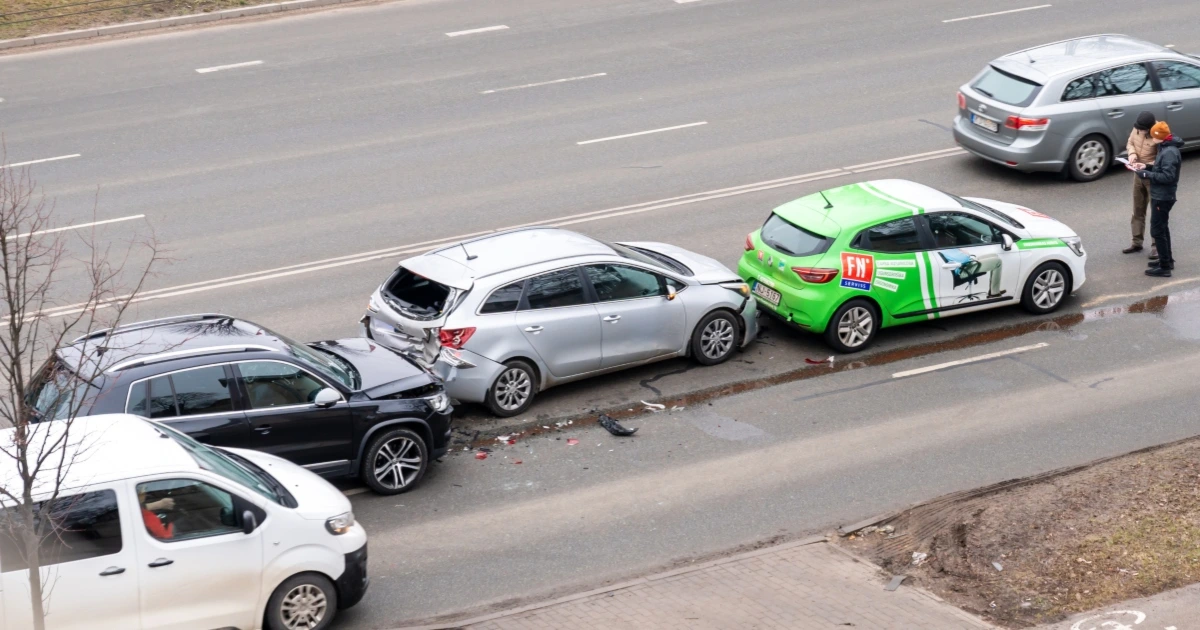What if the Other Driver’s Brakes Failed and Caused a Crash in Ohio?
Brake failure is incredibly dangerous, putting drivers at much higher risk of a serious collision. When drivers cannot stop or at least slow down before impact, they may cause catastrophic injuries to other motorists or pedestrians.
The driver may say there was nothing he or she could do to prevent the crash, but that usually isn’t true. The question is whether he or she knew the brakes were a problem before getting behind the wheel.
At Friedman, Domiano and Smith, we understand the complexities of cases involving brake failure or other mechanical issues. Below, our Cleveland-based auto accident lawyers discuss common reasons why brakes fail, the types of accidents they cause and what you should know about liability.
If you were the victim of a brake-failure crash, we can often take legal action on your behalf to seek compensation for damages. For decades, we have been dedicated to helping crash victims in the Cleveland, Ohio area.
Call to learn more about possible legal options: 216-621-0070. No upfront fees.
Common Reasons Brakes Fail
Any car’s brakes, like many other vehicle components, wear down over time with regular use. Eventually, they must be replaced to ensure they will work when you need them.
These are some examples of wear and tear and damage that could lead to brake failure:
- Brake fluid leaks: Leaking brake fluid can cause a loss of hydraulic pressure and eventually, brake failure.
- Worn brake pads: Friction will wear brake pads down over time, so they need to be replaced periodically. Extremely worn brake pads lose the ability to grip the brake rotors, making it harder to slow down or stop.
- Brake rotor damage: Brake rotors that are damaged or worn can make your brakes much less effective.
- Overheating brakes: Brakes can overheat during prolonged or aggressive braking.
- Contaminated brake fluid: Water, dirt or air bubbles in the brake fluid system can compromise its performance.
- Poor workmanship or defective parts: A careless or inexperienced mechanic could damage the brake system while working on your vehicle. Sometimes vehicles have defective or low-quality brake components that are more likely to fail.
What Are the Signs That Your Brakes Might Be Failing?
One of the best ways to avoid brake failure while you are out on the road is to recognize the signs. Paying attention to your brakes, how they feel, sound and smell, for example, is crucial for maintaining them. Although it is possible, it is unusual that brake failure occurs without any warning.
The following are some common signs that your brakes might be failing:
- Squealing or grinding noises when applying the brakes
- A soft, spongy brake pedal that lacks firmness or feels unusually easy to depress
- Burning odor when driving or applying the brakes
- Vibration or pulsation through the pedal or steering wheel while braking
- Pulling or drifting of your car to one side
- Noticeably longer stopping distance
Proving that these conditions existed before a collision requires the right attorney in connection with a qualified expert. Proving that the brakes had issues before the collision, and the owner failed to take the car to a qualified mechanic to have their brakes inspected as soon as possible. If the opposing driver ignores these issues, their brakes could fail when they need them most, resulting in a crash. The failure of the driver to maintain their vehicle can result in a finding of negligence.
Types of Collisions That May Result From Brake Failure
Brake failure can lead to many kinds of collisions, such as:
- Rear-ending the vehicle in front of you
- Colliding with roadside barriers, guardrails or trees
- Hitting another vehicle traveling perpendicular to their path
- Losing control of a vehicle, veering into oncoming traffic and hitting another vehicle head-on
- Various kinds of commercial truck crashes
These are the primary reasons that failure to maintain or have brakes regularly inspected can lead to a finding of negligence. These collisions can cause severe injuries that could affect victims for a long time.
What You Need to Know About Liability for Brake-Failure Crashes
Proving liability in a brake failure crash can be complicated. A driver cannot use failing brakes as an excuse if he or she knew or should have known there was a problem.
There are often signs that a vehicle’s brakes are not working as they should. Your lawyer may also be able to obtain evidence showing the other driver did not get the vehicle serviced according to manufacturer recommendations.
However, the driver may not be fully liable if he or she did not know or could not have known there was a problem. The driver would still need evidence to prove he or she did not know or could not have known. For example, the other driver might be able to show that a mechanic did poor work on the vehicle. In a situation where the brakes failed due to faulty workmanship, the lawyers at Friedman Domiano & Smith could pursue a claim against the repair facility.
The bottom line is that if you were injured in a crash and the other driver said the brakes failed, he or she may still be at fault. Drivers have an obligation to take reasonable steps to prevent a crash, such as by servicing their vehicles and not driving their vehicles when the brakes or other components may be failing.
Liability for a brake failure crash could fall on other parties as well, such as:
- Cargo-loading companies
- Commercial truck drivers
- Mechanics or auto repair shops for poor workmanship or not repairing worn brakes
- Commercial truck companies
- Vehicle or vehicle parts manufacturers, if a part was defective
Injured in a Brake-Failure Crash? Call Friedman, Domiano and Smith
Victims involved in brake failure crashes often have many questions about filing an insurance claim. At Friedman, Domiano and Smith, we help car crash victims every day and have a proven history of results, recovering millions for auto accident victims in Northeast Ohio.
There are no upfront costs to speak with us about your situation and discuss your legal options. We only get paid if we win.
Call to schedule your free legal consultation: 216-621-0070.
Comments are now closed




Comments